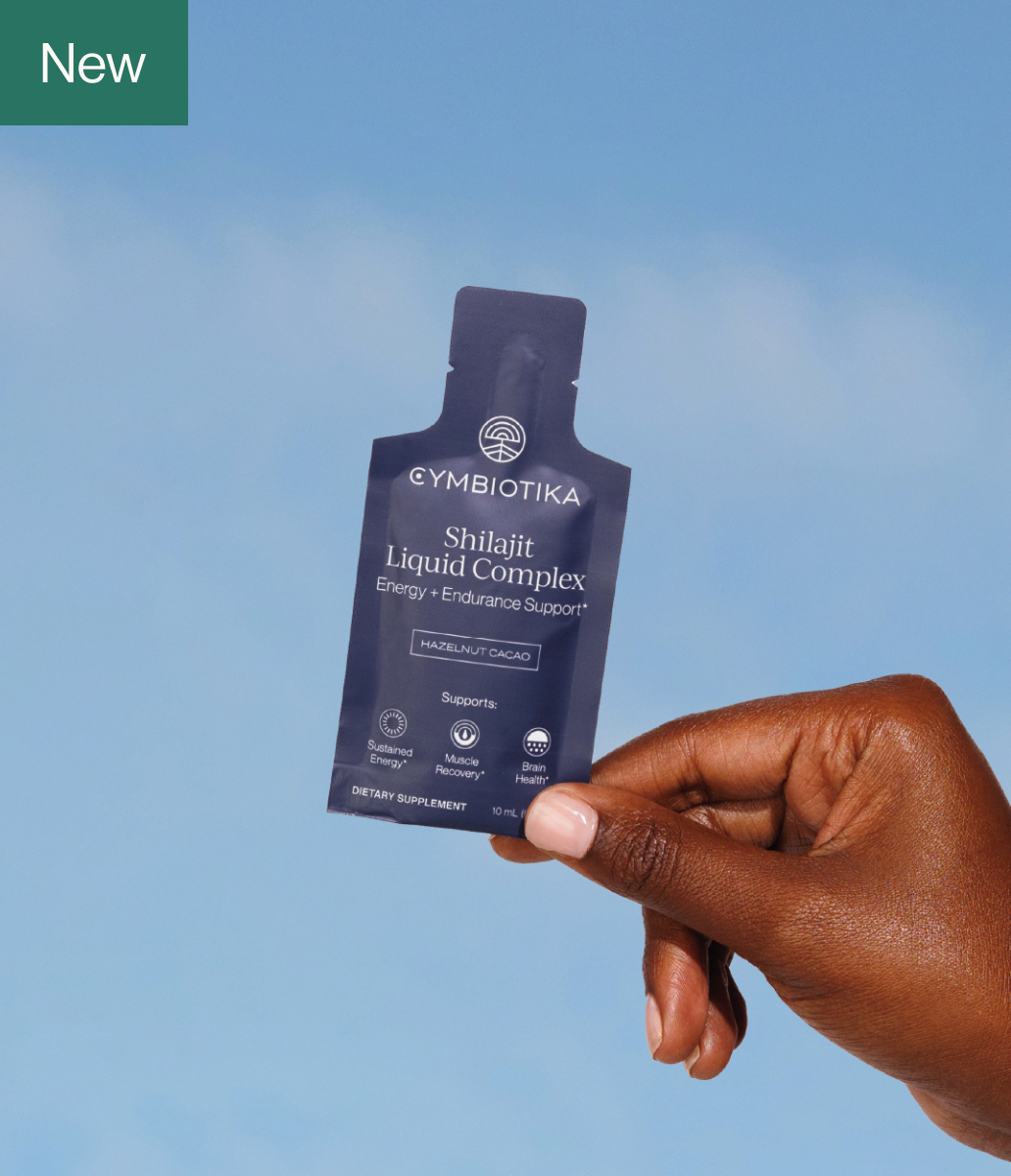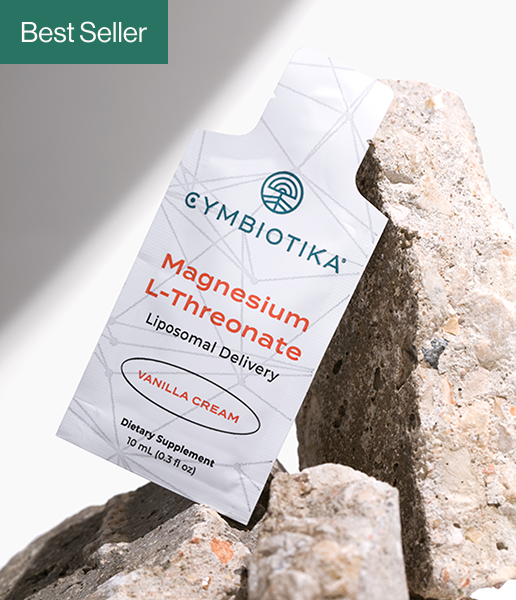
Every year, the flu season strikes. And while the sneezing and sniffling are enough of an inconvenience to lead just about anyone toward a natural immune defense supplement, this time of year is especially difficult for those with chronic illnesses and immune system deficiencies.
As immune system protection becomes more and more of a priority, we turn to a possible solution, combining all-natural ingredients that have been used for centuries by herbalists to boost our body’s ability to fight illness:
Elderberry, vitamin C, and zinc. Here’s how.
How Elderberry Can Protect Your Immune System
Elderberries have been used as a natural remedy to help with immune system function since ancient times. They’re rich in antioxidants and vitamins, which help boost our body’s natural ability to fight illnesses and ailments. You may also know of the fruit for elderberry benefits for the skin.
There are three key antioxidants in elderberries that help protect the immune system by fighting free radicals in the body and lowering oxidative stress. These are:1
- Anthocyanins
- Proanthocyanidins
- Quercetins2
Additional components of elderberries that can help to strengthen the immune system include:
- Melatonin – Melatonin is an important hormone for not only regulating sleep cycles but also supporting the immune system.
- Vitamin C – This critical vitamin helps with the production of white blood cells, the primary driver of healthy immune functioning.
- Zinc – Zinc stimulates the activity of white blood cells.
The Science Behind Elderberries and Your Immune System
A healthy immune system is more critical than ever before, especially as the winter approaches, bringing cold, flu, and virus season along with it. Black elderberry extract is a proven natural supplement that boosts your immune system on several layers:
- By attacking viral replication – That means those pesky viruses may make their way into your cells, but they won’t be able to multiply enough to actually infect you or bring about unpleasant symptoms.3
- By increasing levels of cytokines – Cytokines are messenger proteins released by cells to communicate with other cells. These proteins have been known to have anti-inflammatory properties and can regulate inflammation responses.4
- By actively fighting infection – Elderberry extract actively fights against both influenza viruses and human pathogenic bacteria. Studies suggest elderberries should be considered as a natural remedy in fighting other types of infections, too.5
What Else Can Elderberries Do for You?
Elderberries have been shown to reduce inflammation in the body and have been used for centuries as a treatment for colds and flu. This simple remedy can be just as effective as a prescription medication in reducing the duration and intensity of colds.
So does elderberry help with sinus infections? According to one study, elderberry extract was shown to stimulate the production of antibodies in response to a flu vaccine.
Other health benefits of elderberry include naturally improving symptoms related to:6
- Colds
- Sinus issues
- Nerve pain
- Inflammation
- Allergies
- Chronic fatigue
- Constipatio
How Vitamin C Can Protect Your Immune System
Vitamin C is a powerful antioxidant that can help protect the immune system from damage. It’s a water-soluble vitamin found in citrus fruits, strawberries, tomatoes, and other tasty foods.
Oftentimes people ask the question does vitamin c help with allergies? Well Vitamin C is used primarily to boost the body's immune system function by boosting cellular activity. It’s an essential ingredient in the production of white blood cells, which are the body's primary defense against infection.
Vitamin C also helps our bodies in these critical ways:
- Mitigating inflammation – Vitamin C's antioxidant properties can help protect the body from inflammation.
- Defending against free radicals – Vitamin C helps protect the immune system and cells from damage caused by free radicals. Free radicals are harmful substances that result from exposure to cigarette smoke, pollution, and ultraviolet radiation from the sun.
- Promoting collagen production – Vitamin C helps the body produce collagen, a protein that strengthens and supports healthy skin, bones, teeth, blood vessels, gums, and ligaments.
The Science Behind Vitamin C and Your Immune System
A double-blind, five-year study found that people who took 500mg of vitamin C per day came down with the common cold significantly less often than those in the low-dose control group, taking only 50mg of vitamin C daily.7
Another study showed that daily vitamin C at 100 to 200mg dosing could help prevent infections. And when an infection is already established, higher doses can help compensate for the metabolic demand and inflammatory response caused by the infection.8
In contrast, a deficiency in vitamin C has been shown to result in a higher susceptibility to infections and impaired immunity.
Are You at Risk of Vitamin C Deficiency?
According to the National Institutes of Health, individuals of these groups are most likely to fall short on getting enough Vitamin C:9
- Smokers and those regularly exposed to secondhand smoke
- Infants who are fed evaporated or boiled milk
- Individuals without enough food variety in their daily diet
- Those with severe intestinal malabsorption or cachexia
- Some cancer patients
- Those with end-stage renal disease on chronic hemodialysis treatment
How Zinc Can Protect Your Immune System
Zinc is an essential mineral necessary for the function of many bodily systems, particularly in helping the immune system fight off illness.
So how does it work? Well, the super-compound zinc is a key component in:
- Many of the enzymes are responsible for fighting off infections.
- The production of white blood cells and enhancing their activity and functionality.
- Regulating and helping the immune cells and antibodies kill off bacteria, viruses, and other foreign invaders.
- Maintaining the health of the lymphatic system, a core element of the circulation and immune systems.
- Regulating the body's inflammatory response, which can help reduce swelling, pain, and fever.
Aside from its undeniable role in immune system regulation, function, and protection, zinc also helps:
- Combat allergy symptoms
- Heal wounds
- Synthesize proteins and DNA
- Divide cells
Plus, zinc supports our sense of taste and smell, so when we aren’t consuming enough zinc, we may find ourselves without an appetite or unable to enjoy our favorite foods the way we used to.
The Science Behind Zinc and Your Immune System
Zinc boosts your immunity to help prevent disease progression and some infection symptoms, and it slows the production of inflammatory cytokines related to a viral infection.
A zinc deficiency, on the other hand, was shown to harm select processes that help with innate immunity at a cellular level, such as reducing the activity of natural killer cells.10 As the name suggests, these cells protect the body by limiting the spread of infection and protecting from serious tissue damage.
Zinc is directly linked to reducing the risk, duration, and severity of infectious diseases. Taken along with vitamin C, it’s been found to decrease symptoms and shorten the duration of the common cold, other respiratory tract infections, and conditions like:
- Pneumonia
- Malaria
- Diarrhea infections
Why You Need a Strong Immune System
The immune system is a network of cells, tissues, and organs—the lymphatic system—that protects the body from infection by recognizing and attacking invaders such as bacteria and viruses. The immune system can also remember specific infections so that if someone gets sick with the same illness again, they have a better chance of fighting it off.
When your body is unable to recognize foreign invaders or adequately defend against them, you’re much more susceptible to infections and illnesses. Building up a strong immune system is your best line of defense against sniffles, sneezing, fever, and worse.
What Compromises Your Immune System?
The immune system is endlessly complex. As the primary defender of your health and well-being, there could be cracks all throughout your resistance, and several potential entry points for the enemy to invade.
Your defense may be weakened due to:
- Stress – The immune system is a delicate balance of cells that work together to fight off infections. The more stress you’re under, the weaker your immune system becomes, the more vulnerable you are to illnesses.
- Genetics – Due to the complex interplay of genetics, some people are born with weaker immune systems than others. If you have family members with weak immune systems, you may be more likely to have one, as well, and should take extra precautions in boosting your immunity.
- Behaviors – Your habits and environment both impact your immune system function. One reason for compromised immunity could be that you’re not prioritizing your general wellness—poor nutrition, lack of sleep, not enough exercise—or you’re consuming or exposing yourself to certain substances—cigarettes, marijuana, other drugs, alcohol, and chemicals or other toxins.
- Diseases – Your immune function may be lowered if you’re also dealing with:
- HIV or AIDS
- Cancer
- Diabetes
- Lupus
- Tuberculosis
- Multiple sclerosis
- Rheumatoid arthritis
- Hepatitis
How to Take Care of Your Immune System
On the battlefield, the best way to protect your fortress is by equipping your defenders with all the best weapons and by building several lines of defense to ensure nothing gets past your troops.
The same can be said of your immune system.
While there are plenty of factors outside of your control, you can boost your immune defenses by:
- Eating a healthy, balanced diet
- Exercising regularly
- Getting seven to nine hours of sleep
- Drinking lots of water
- Managing your stress levels
- Consuming essential vitamins and minerals
Boost Your Immune System with Cymbiotika
Elderberry, vitamin C, and zinc are all-natural supplements that help maintain and strengthen the immune system. Combined, they can keep out foreign invaders so you can focus on living a happy, healthy life.
For vegan, natural, and non-GMO products that will help support and grow your immune system, try our Liposomal Elderberry Defense, a powerful antiviral that combines elderberry with zinc, copper, echinacea, and selenium to stimulate the immune system and promote year-round wellness.
Or get your hands on our Micelle Liposomal Synergy Vitamin C. This supplement delivers vitamin C plus bamboo silica through nano-sized micelles, encased and protected in liposomes, for the highest absorption rates.
Stay strong for the days ahead, the challenges to come, and the minute you are living right now with Cymbiotika.
Sources:
- Healthline. What Are Polyphenols? Types, Benefits, and Food Sources. https://www.healthline.com/nutrition/polyphenols
- WebMD. Quercetin. https://www.webmd.com/vitamins/ai/ingredientmono-294/quercetin
- U.S. National Institutes of Health's National Library of Medicine. Immunomodulatory role and potential utility of various nutrients and dietary components in SARS-CoV-2 infection. https://pubmed.ncbi.nlm.nih.gov/34100300/
- National Center for Biotechnology Information. The effect of Sambucol, a black elderberry-based, natural product, on the production of human cytokines: I. Inflammatory cytokines. https://pubmed.ncbi.nlm.nih.gov/11399518/
- U.S. National Institutes of Health's National Library of Medicine. Inhibitory activity of a standardized elderberry liquid extract against clinically-relevant human respiratory bacterial pathogens and influenza A and B viruses. https://www.ncbi.nlm.nih.gov/pmc/articles/PMC3056848/
- SimplyHealth.io. 14 Health Benefits of Elderberry. https://simplyhealth.io/14-health-benefits-of-elderberry/
- European Journal of Clinical Nutrition (EJCN). Effect of vitamin C on common cold: randomized controlled trial. https://www.nature.com/articles/1602261
- National Library of Medicine. Vitamin C and Immune Function. https://pubmed.ncbi.nlm.nih.gov/29099763/
- U.S. National Institutes of Health Office of Dietary Supplements. Vitamin C Fact Sheet for Health Professionals. https://ods.od.nih.gov/factsheets/VitaminC-HealthProfessional/
- National Center for Biotechnology Information. Immune-enhancing role of vitamin C and zinc and effect on clinical conditions. https://pubmed.ncbi.nlm.nih.gov/16373990/




















